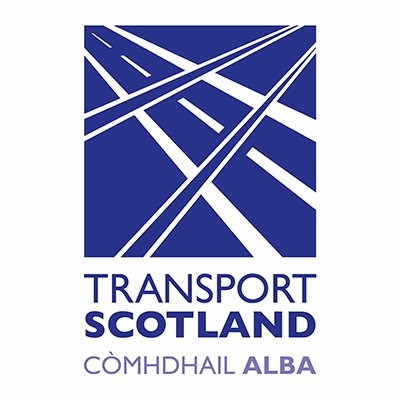The Scottish Government has opened a new Scottish Ultra-Low Emission Bus Scheme. This year, the scheme will provide £9 million to help bus operators invest in ultra-low emission vehicles to help drive a green recovery out of the COVID-19 crisis while improving air quality.
This Scottish Ultra-Low Emission Bus Scheme is an evolution of the Scottish Government’s Green Bus Fund. Through the Green Bus Fund, £17 million was invested between 2011 and 2018 to help operators overcome the initial capital costs of new buses. This successful scheme supported the introduction of nearly 500 cleaner buses across Scotland.
This new initiative focuses on ultra-low emission technologies (hydrogen electric or fully electric propulsion) which supports the Scottish Government’s world-leading net zero targets, its commitment to delivering Low Emission Zones and the bold ambitions Scotland has for transport decarbonisation.
Accelerating the deployment of electric buses is in line with Scotland’s ambition to move to net-zero economy. The Scottish National Investment Bank is being established to support and enable the transition to net zero and will look to leverage additional private finance to deliver its missions. The Bank will also have the ability to offer patient capital, on a commercial basis. Commercial bus operators are encouraged to contact SNIB@gov.scot or other financial institutions now, as part of their application for grant support.
Cabinet Secretary for Transport, Infrastructure and Connectivity Michael Matheson said:
“The Scottish Ultra-Low Emission Bus Scheme will support bus operators and bus manufacturers in what I know is a turbulent time for the industry. The investments we will make this year will help drive forward a green recovery in Scotland while supporting our air quality objectives and our world-leading climate targets. With around three-quarters of all public transport journeys made by bus in recent years, equating to some 380 million trips across Scotland in 2018/19, it’s always been clear to me how critical our bus industry and its supply chain is to our wider transport objectives outlined in our National Transport Strategy. This is why during the COVID-19 crisis we are providing up to £109 million to increase and maintain bus services and why we are providing £10 million for bus priority infrastructure measures. In addition, we have maintained concessionary travel payments and Bus Service Operator Grants at pre-COVID levels and have also improved our existing offer for bus exhaust retrofit solutions. I’m pleased that our Scottish Ultra-Low Emission Bus Scheme will provide further support for our vital bus sector which plays a key role in keeping Scotland moving, improving our air quality whilst responding both to the COVID-19 crisis and the global climate emergency.”
Paul White, Director for CPT in Scotland said: “While Covid-19 has presented immediate challenges for our sector we cannot lose sight of important elements of public transport policy such as air quality, decarbonisation and patronage growth. The launch of SULEBS is an important step in retaining the momentum for meeting these objectives and the wider National Transport Strategy vision.”
About Transport Scotland
 Transport Scotland seeks to deliver a safe, efficient, cost-effective and sustainable transport system for the benefit of the people of Scotland, playing a key role in helping to achieve the Scottish Government’s Purpose of increasing sustainable economic growth with opportunities for all of Scotland to flourish.
Transport Scotland seeks to deliver a safe, efficient, cost-effective and sustainable transport system for the benefit of the people of Scotland, playing a key role in helping to achieve the Scottish Government’s Purpose of increasing sustainable economic growth with opportunities for all of Scotland to flourish.




Comments
There are no comments yet for this item
Join the discussion